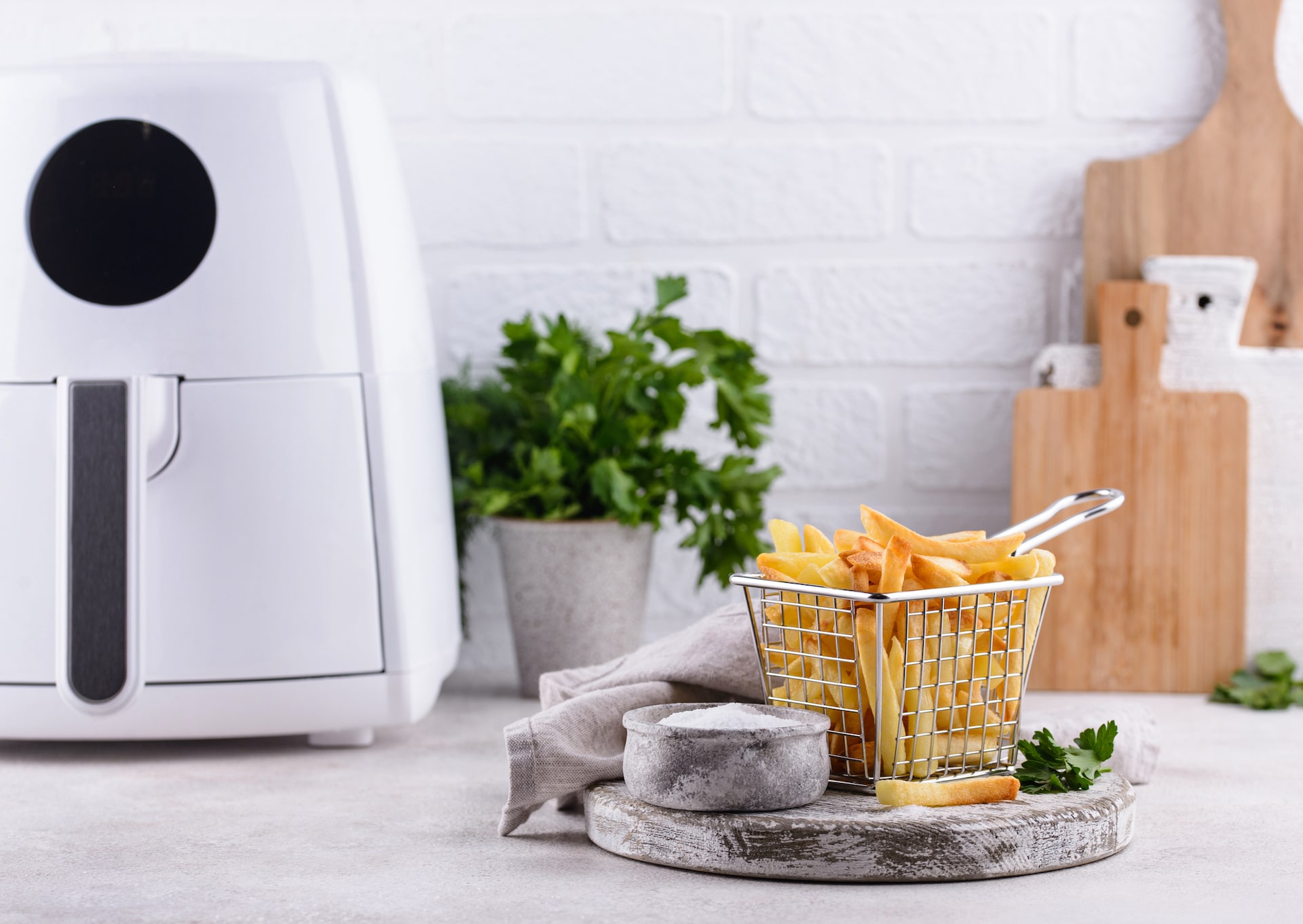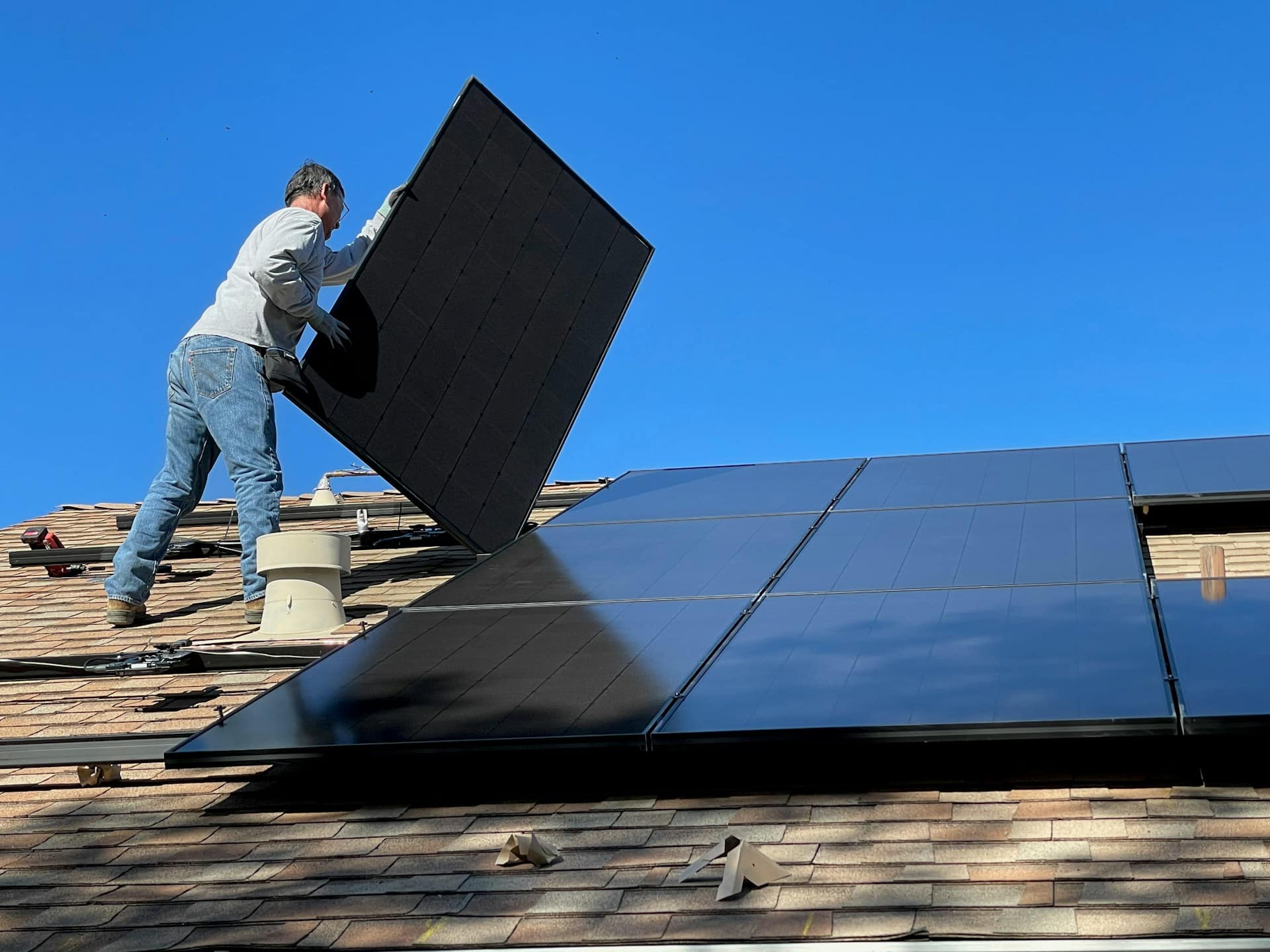This article may contain affiliate links. We may receive a commission for purchases made through these links. Privacy Policy.
When a friend tells you the news of a life changing diagnosis, it’s a moment you will never forget. The first time it happened to me, my friend was in her late 30’s and had just had a baby.
Although I was anxiously awaiting the outcome of her test results, I didn’t anticipate devastating news. It’s difficult to know what to do and even harder to know what to say.
Many years later, I was the one making the phone call telling friends that I had been diagnosed. Some friends were incredible, and some were conspicuously unhelpful. Having looked at cancer and friendship from both sides, no matter what the prognosis or treatment plan, there are a few guidelines that can help you be the best friend possible when it is needed the most.
Here are 6 things to do for a friend when you find out they’ve been diagnosed with cancer.
Center Yourself First
When your friend shares the news, it’s important to take some time to recognize that your response should be focused on your friend, not your own feelings about the situation.
Your friend will be facing a period of time-consuming doctor’s appointments and maybe difficult treatments. In many cases, your friend may be fighting for their life. To be a good friend, it’s important to not let your own emotions take center stage. Share your empathy, be sad with your friend, but try and stay in control.
Once you’re alone, take some time to let out all the emotions and have a good cry.
It will be helpful to your friend if you read up on the diagnosis and treatment plan. However, don’t google wildly to sites without credibility and come up with your own opinions about their prognosis.
By being familiar with what lies ahead for your friend by reviewing sites like the American Cancer Society and diagnosis-specific sites like BreastCancer. org, you can better understand their fears and concerns and even help them formulate their questions for their care team.
Focus on Positives

During your friend’s treatment period, which may include surgery, chemo, immunotherapy, radiation or other treatments, try and be conscious of the small complaints we make every day.
Your friend will be waging some big battles, and now isn’t the time to complain about how your teens don’t make their beds, you couldn’t find a parking place or how your boss is a pain in the rear.
These little annoyances of life really do pale in comparison to what your friend is facing, so work hard to keep those negative thoughts and complaints invisible. Instead, muster the emotion to keep your energy up and a smile on your face whenever appropriate.
Be yourself, genuine and sincere, but try and let go of those small negativities that we often share freely with close friends. So what if your husband doesn’t help you around the house, now’s not the time to dwell on that or discuss it with your friend, because tonight, instead of thinking about losing your hair to chemo, you’ll be enjoying binging your favorite Netflix show.
Your friend may experience some disappointments regarding how some friends and family members respond to the illness.
Even now, six years later, I can remember who showed up, who called, who cared and who couldn’t be bothered. It was painful, but I realized that fear keeps people distant.
The fear may be of the disease, but it’s usually the fear of doing or saying the wrong thing. Once I was able to forgive the absent friends (and family), I focused on who was present, and recognized that there were many people that I did not even feel that close to who showed up for me. If your friend is struggling with disappointment in others, help them see those smaller unexpected kindnesses.
When I was ill, I shared news of my treatment on social media, which I found very helpful. About a year into treatment, I went to my husband’s high school reunion, and a woman there, someone I hardly knew said, “I have a gift for you. I made you this quilt when I heard you were sick.” I was stunned.
Never in a million years would I have expected that gesture. Help keep your friend focused on the many people who will show that they care and help them enjoy the surprisingly heartfelt behavior of people that may have been on the periphery of their circle. From my own experience, I consider those newer, now closer friends a positive that came out of my diagnosis.
Just because someone is sick, a sense of humor doesn’t disappear.
It may hide for a while, especially if your friend is in pain, but remember to laugh when you can, share funny stories and memes, and help your friend look at the lighter side of things. Many chemo patients have joked about their now hairless, baby soft skin and legs that don’t need to be shaved.
Humor is personal, and we all have different thresholds for laughing at ourselves, so take your cues from your friend and try and find the humor in some of the craziness.
Be Present, Mentally and Physically
Your friend may find it beneficial to see you more frequently but for a shorter time frame than in the past.
Depending on their treatment regimen, they may tire easily, and a long visit may be too much. If you can, offer to accompany them to treatment or doctor’s appointments. This can be very helpful, especially if their significant other is working. If you do this, don’t watch the clock because cancer treatments and oncologist visits can take more time than expected due to unplanned delays in lab results or the need for the physician to spend more time with someone else. If you make the commitment, plan on making a day of it unless you know for certain that the visit will be brief.
It will be helpful to your friend if you are aware of their treatment schedule.
That way, you can plan to do any helpful errands at the time they might be needed the most, and you can call and inquire as to how things went. Put their appointments on your calendar, and that way you can be closely in tune with their needs.
Your friend’s significant other or main caregiver has tremendous demands during this time. They may be working, caring for children, trying to keep the household running smoothly, concerned about finances, and worried about the health of their loved one. Even if this person is not someone that you are as close a friend with, you can extend your offer of assistance to this individual directly, and it will be greatly appreciated. If you can free up the significant other from some household obligations during this time, it gives that person more energy to focus on supporting your friend and their recovery.
During my treatment period, my husband’s close friend was living about 1,000 miles away. Almost every Sunday, this friend would call and speak with my husband, briefly inquire about me, but mainly focus his time and attention on how my husband was feeling. It was a kindness I will never forget. Sometimes the emotional needs of caregivers during this time get shortchanged because they are maintaining a brave front on themselves.
The time after a cancer diagnosis falls into two overlapping categories: Treatment and recovery.
Treatment is the part that includes surgeries, chemo and the like, and recovery is the process of getting as well as possible. When someone is in treatment, it can be very visible. The person looks different, they don’t have as much energy or appetite, and they are more fragile. After successful treatment, recovery begins, and this is a much longer process than treatment.
Although my treatment regimen was successful, and I was physically better a year later, my recovery period has taken more than five years. It took this time to recover from the shock of diagnosis, some (but not all) of the lasting physical effects of treatment, and to think of myself as a healthy person again.
By being a part of your friend’s recovery as well as their treatment, by having patience as they progress through these phases, you will be a true friend.
Be Patient and Considerate

When we are very close friends with someone, we relax a lot of rules. We might open the refrigerator at their house or pop over uninvited. If your friend is in cancer treatment, it will be best to call first before visiting. Energy and concentration levels ebb and flow, emotions can run high, and rest is essential, so make sure you reach out rather than just showing up.
When it is time for a visit, it really is okay to just “be” there.
Bring a book with you, or knitting if you do that, and don’t be concerned if your visit is more silent than chatter. Just knowing that you’re there is extremely helpful. Share some love with the rest of your friend’s family, including the caregiver. Their lives have been uprooted by this illness, and doing small things for them will be appreciated, too.
Undergoing cancer treatment can be a tremendous test of patience.
There is waiting. Waiting for updates, waiting for the doctor, waiting for test results, waiting to find out if the treatment is working. As a friend, understanding the test of patience that this will be for your friend is a gift. If you can, plan to be there for your friend for the duration.
Regarding social media, your friend may choose to be very public about the ups and downs of their cancer journey. Others may not want to do that out of concern for their children or parents or concern about posting information that might impact their position in the workplace. Whatever the reason, your friend is entitled to tell or not tell their own story and posting personal health information about your friend is not appropriate unless the person has requested you to do so.
In my experience, I found social media a wonderful outlet and an opportunity to get encouragement from friends and family across the country. It also took the burden from my husband, who did not have to field lots of calls and inquiries from others.
Be Practical
When looking for ways to help your friend, you may want to rethink gifts of meals and food since treatment often changes taste buds and appetite. However, food gifts can be very helpful if your friend has a family to feed. Just ask some open-ended questions and you will figure that out.
Service-type gifts are highly valued, whether you purchase them for your friend or perform them yourself. Your friend might hesitate to accept an offer from you about cleaning their house, but they might be thrilled if you offered to send over a cleaning service.
Doing laundry, grocery shopping, errands, picking up the kids are all great offers to make. You can go beyond this by enlisting someone to take care of the lawn, take down and put away the Christmas decorations or coordinate a children’s birthday party.
You might be considering bringing a small gift when you visit, but before doing that, pay attention to whether your friend’s sense of smell is extra sensitive now, or their ability to concentrate is impacted. Some people become more sensitive to scents and odors during treatment, and many chemo patients report concentration problems that limit their enjoyment reading or doing puzzles.
Your gesture will be appreciated, no matter what you bring, but you will be a better friend if you pay attention to some of those possible side effects and adjust your gift accordingly. Don’t forget, ask people around your friend about what they might need or want, as many people have a hard time telling other people what they want, particularly when they feel vulnerable.
Here is a short list of helpful gifts that your friend might appreciate:
- An attractive hydro flask in encourage drinking lots of water
- A visit from a professional cleaning service such as The Cleaning Authority or Cleaning for a Reason
- Scarves or soft hats to cover up hair loss (A bald head is chilly!)
- A soft throw to take to chemo to stay warm (even in the summer)
- Stylish earrings to coordinate with headscarves
- A package of unique notecards for your friend to use for thank you notes (don’t forget stamps, too)
- A cover for the seat belt so it doesn’t rub against the chemo port
Things to Say (and Things to Avoid)

In difficult and emotional situations, it is easy to get tongue-tied.
From my point of view, it is better to say something rather than stay silent out of fear. The first thing to say is to acknowledge how sorry you are that this is happening. Just express that you care and that it sucks that this wonderful friend of yours is going to have to deal with this diagnosis.
Then, let your friend know that you are there for them. You can say, “I will help you in any way that I can” or “Whatever you need.” Periodically, let your friend know they are on your mind by texting or calling and saying, “I’m thinking of you.” With these three expressions, you’ve told your friend that you empathize, that you will be there, and that you will keep them in your thoughts.
Here’s something else to consider. I recently lost a friend to cancer.
We met in a Livestrong support group a few years ago, and over the years, our group became tight. In fact, we were there at her bedside when she passed. The friend I lost taught me to say, “I love you.” I’d never done that before!
Of course, I’d say that to my husband, my kids, my parents, but never to a friend. So, while your friend needs strength and empathy, if you feel so moved, tell her you love her, because what better time could there be to express that emotion? If that’s not you, or might make your friend uncomfortable, then take the time to find the words to let someone know how much you value them.
I could write another article about things to avoid saying, so I will just highlight what I consider to be the worst offenders. Unless you are your friend’s oncologist or on their treatment team, you should not verbalize your opinion about their treatment plan or choices unless asked with specificity.
Some cancer diagnoses have a very set course of treatment, others involve more patient choice. At the same time, new cancer therapies are emerging daily. Even if you are a medical professional, you do not have the expertise or the credentials to give advice to your friend because you are not treating them.
Even if you personally think chemo is poison, if your friend has made an educated decision to follow that course of treatment per their doctor’s recommendation, then it is their choice, and should be respected.
It is unhelpful to compare your friend’s illness to your own illness or that of a family member.
“When Aunt Sally had cancer, she……” is not what you want to say, as everyone’s experience is different, and cancer protocols are changing rapidly. Also, even if you are a cancer survivor, avoid saying, “I know how you feel. ”
Each person will manage their diagnosis in a highly personal manner, and assuming that you know how your friend feels is out of line. Don’t blame your friend for their cancer. Our bodies are complex and while some lifestyle choices may have added to your friend’s cancer risk, it is not the time to critique past choices like smoking or diet.
Sometimes, people try to show their positivity by saying something like, “You’ll be fine. ” This dismisses the seriousness of your friend’s diagnosis and discredits the worry and anxiety they may be feeling at this time. It is better to express confidence in their ability to withstand the journey by saying something like, “I know it’s going to be rough for a while, but I have lots of confidence that we can get through this together. ”
Personally, I’m not a fan of the mantra, “Be strong.” It resonates with some people, but despite every effort, your friend is not going to be able to “Be strong” every moment of their treatment and recovery.
Saying it sometimes sounds like you are admonishing them for some perceived weakness. It’s better to say, “I’m impressed with how tough you are through this, but if you’re feeling low and want to talk, I’m here for you. ”
Remember that every friendship is different, and every cancer journey is unique.
If you care about your friend, be the best version of yourself and let your hope and love shine through. You might mess up, do the wrong thing or make someone mad in the process, but once this is behind your friend, she will remember that you were there for them and their family, encouraging them every step of the way.
You might also be interested in: I Did my DNA test, now What? [The Complete Guide]
Patrice Devereaux
view postPatrice Devereaux
Patrice Devereaux is a retired healthcare executive living in the Chicago area. She enjoys travel, attending sporting events and concerts, renovating old houses, cooking and genealogy research. As a wife, mom and cancer survivor, she appreciates time spent with her husband and family.
view post






